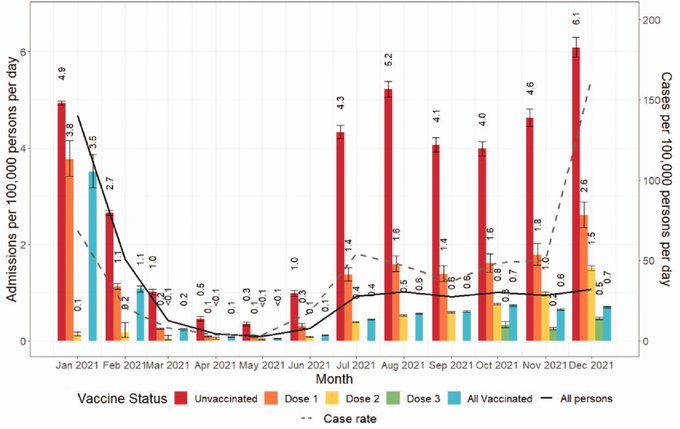There has been considerable recent debate about charging for GP appointments after comments from two former UK health secretaries, Kenneth Clarke and Sajid Javid, elicited strong responses both for and against user fees. Let’s try to put aside ideology and emotion and look objectively at the evidence and arguments around user fees in NHS primary care.
Debates over NHS user fees are not new. In 1951, Hugh Gaitskell introduced charges for prescriptions, spectacles, and dentures. Aneurin Bevan, minister for labour and architect of the NHS, resigned in protest at this abandonment of the principle of NHS care being free at the point of need. Many developed countries already charge users to access primary care services, often through a flat-rate co-payment. However, there is a lack of evidence about the impact of such fees on access to healthcare, health inequalities, and clinical outcomes. A key study on the impact of user fees in a high income country (the RAND Health Insurance Experiment) is now nearly 40 years old.
User fees should theoretically encourage patients to act prudently and so reduce “unnecessary” or “inappropriate” use of healthcare. Some European countries with user fees for primary care have indeed seen lower rates of healthcare utilisation. But this theory is based on the assumption that patients can safely and effectively distinguish between necessary and unnecessary care. In reality, preventive care and chronic disease management are both likely to decline when fees are in place, with patients often delaying presentation until costly medical crises occur.
Expectations about what the UK NHS should offer are already high among the public, and user fees may further increase expectation of a “return on investment.” Doctors may feel pressure to provide prescriptions and referrals, or carry out investigations, to satisfy patients who have paid to see them. User fees may also result in patients hoarding health problems, with clinicians expected to tackle more health concerns in the typical 10-15 minute appointment in general practice. Flat-rate user fees might also introduce a financial barrier to healthcare access for people with a low income, potentially widening health inequalities.
The highest users of primary care, such as women seeking maternity care, and those aged under 5 or over 65 years, are also among the group that would probably be exempt from user fees. If people with a low income are also exempted from fees, we may see little reduction in GP workload, and only modest additional revenues for the NHS—particularly when offset against the costs of collecting fees, including chasing patients for any unpaid fees.
Wealthier patients, when asked to pay for NHS GP appointments, may opt for private primary care instead, further increasing health inequalities and leading to the fragmentation of care. Such an environment could cause private primary care services to expand, increasing shortages of NHS GPs if more GPs choose to work in the private sector.
The collection of user fees would require new billing and debt collection systems across all NHS general practices. To safeguard vulnerable people it would be necessary to create exemptions, which would reduce revenue and further add to administrative costs. After exemptions, user fees would probably only be collected from a relatively small section of the population. For example, around 90% of NHS primary care prescriptions in England are dispensed free of charge and revenues from prescription charges cover only a small percentage of the actual cost of NHS drugs.
User fees may also lead to false economies if they deter people from accessing primary care when they should, resulting in costly delayed diagnoses (for example, for cancer), or lead people to seek care only for acute problems, deprioritising important preventive and chronic care.
User fees will also be ineffective if they divert costs to other parts of the NHS such as accident and emergency departments or urgent care centres. In the USA, for example, user fees have led to “offsetting” of costs, with increased hospital admissions and use of acute mental health services. Patients may therefore choose to use services that are “free” to the user but expensive to the system, such as emergency care. A coherent policy would require simultaneous setting of fees in related areas of the NHS—for example, charging a fee for attending A&E.
UK residents benefit from a high level of financial protection from the costs of illness. Accustomed to free primary care for many decades, the public is likely to resist such fees strongly. As a result, any political party that advocated NHS user fees may pay a high price at a general election.
Valid arguments exist for and against introducing primary care user fees. User fees are promoted by some commentators as a remedy to current NHS challenges in areas such as funding and workload. Yet primary care workload and NHS deficits are also symptoms of deeper problems, such as shortages of clinical staff and reactive, fragmented care. Consequently, user fees by themselves won’t be the solution to problems that have proven intractable for the NHS to solve.
We do, however, need to look at what services we expect NHS general practices to provide and how we fund these services. This will include reviewing the current employment models of NHS GPs. If governments in the UK do not want to fund NHS GP services adequately, user fees of some kind (perhaps for “add-on” but not for core primary care services) or two-tier primary healthcare may be inevitable outcomes.
Source: Azeem Majeed. Let’s look dispassionately at the arguments for and against user fees for NHS primary care in England. https://www.bmj.com/content/380/bmj.p303
Read Arguments for and against user fees for NHS primary care in England in full


